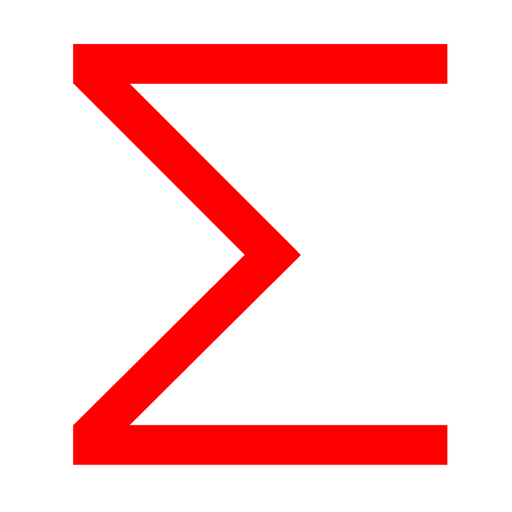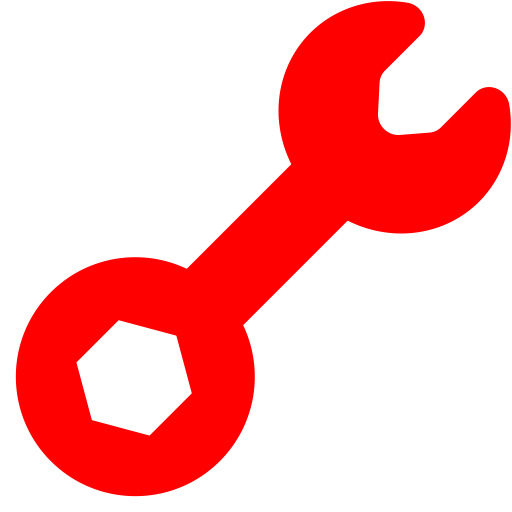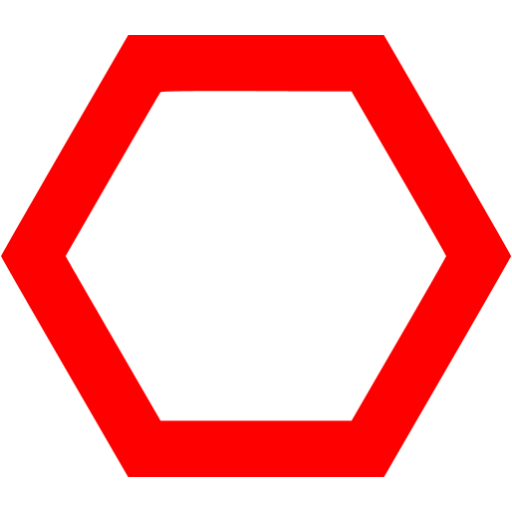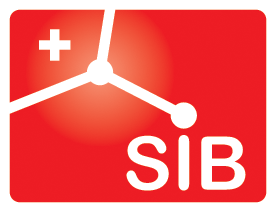Using the SwissParam Webserver
1. Checking that the server is up and running
curl "https://www.swissparam.ch:8443/"
Hello World!
If the Web server is up and running, you will receive a "Hello World!" message. If not, please contact the SwissParam team.2. Starting a parameterization
a. Non covalent small molecule
You can launch the parameterization by using the following command:
curl "myMol2=@molecule.mol2" "https://www.swissparam.ch:8443/startparam?approach=both"
Session number: 42219790
To check your session status, please run the following command:
curl "https://www.swissparam.ch:8443/checksession?sessionNumber=42219790"
where:
- molecule.mol2 is the mol2 file of the small molecule and can have any name
- approach is the approach used to parameterize.
both (default), mmff-based, match
Note: when using the mmff-based approach, it is possible to use CHARMM22/27 instead of CHARMM36 to generate the parameters. For that, simply add "&c22" or "&c27" to your command-line.
If your Mol2 does not contain hydrogens, you can add "&addH" to the command-line, it will protonate the molecule at pH 7.4:
curl "myMol2=@molecule.mol2" "https://www.swissparam.ch:8443/startparam?approach=both&addH"
If you want to use a SMILES instead of a Mol2 file:
curl "https://www.swissparam.ch:8443/startparam?mySMILES=NC(=N)NC1=CC=CC=C1&approach=both"
Example: to run a parameterization with GF1.mol2, you must write:
curl "myMol2=@GF1.mol2" "https://www.swissparam.ch:8443/startparam?approach=both"
Session number: 65720367
To check your session status, please run the following command:
curl "https://www.swissparam.ch:8443/checksession?sessionNumber=65720367"
Here, 65720367 is the Session Number of the submitted parameterization.
b. Covalent small molecule
To parameterize a covalent small molecule, use the following command and specify some arguments:
curl "myMol2=@molecule.mol2" "https://www.swissparam.ch:8443/startparam?ligsite=l&reaction=r&protes=p&topology=t"
Session number: 37645967
To check your session status, please run the following command:
curl "https://www.swissparam.ch:8443/checksession?sessionNumber=37645967"
where:
- molecule.mol2 is the mol2 file of the small molecule and can have any name
- ligsite is the ligand site (atom name) of the covalent link
- reaction is the reaction namespace
- protres is the protein residue doing the covalent link, it can be CYS, SER, LYS, ASP, GLU, THR, TYR
- topology is the topology of your ligand (post or pre reactive).
Available reactions are:
- nitrile_add: addition on nitrile
- aldehyde_add: addition on aldehyde
- ketone_add: addition on ketone
- carbonyl_add: addition on carbonyl
- michael_add: addition on Michael-like acceptor
- ring_open: ring-opening mechanism
- ring_open_epoxide: ring-opening mechanism on epoxide
- ring_open_aziridine: ring-opening mechanism on aziridine
- disulf_form: formation of a disulfide
- nucl_subst: nucleophilic substitution
- imine_form: formation of imine
- amide_form: formation of amide
- boronic_ester_form: formation of boronic ester
- b_lactam_open: ring-opening mechanism on β-lactam
- g_lactam_open: ring-opening mechanism on ɣ-lactam
curl "myMol2=@92V.mol2" "https://www.swissparam.ch:8443/startparam?ligsite=S24&reaction=disulf_form&protres=CYS&topology=post"
Note: it is possible to use CHARMM22/27 instead of CHARMM36 to generate the parameters. For that, simply add "&c22" or "&c27" to your command-line.
You can then check your session status using the session number you received upon submission.
Note: when using the post topology it is possible to specify which atoms must be deleted to get the pre topology. In case these atoms do not have an "official PDB name", specify them by adding "&delete=atom1,atom2".
For example, with CB0000002.mol2:
curl "myMol2=@CB0000002.mol2" "https://www.swissparam.ch:8443/startparam?delete=SG,H49&reaction=carbonyl_add&topology=post-cap&protres=CYS&ligsite=C32"
3. Checking the status of a parameterization
You can check the status of the job using the Session Number that you have received upon submission. If the calculation is pending in the queue waiting for its turn, you will be informed about that, and you will be provided with the number of jobs that are waiting before it in the queue. If the job is currently running, you will be informed about that and the running time will be reported. If the parameterization is over, you will be also informed that the job is finished.
curl "https://www.swissparam.ch:8443/checksession?sessionNumber=65720367"
Your parameters:
Query: mol2
Input: GF1.mol2
Approach: both
Date: Mon 18 Mar 2024 10:48:15
Calculation is in the queue. Number of jobs before yours: 12
Your parameters:
Query: mol2
Input: GF1.mol2
Approach: both
Date: Mon 18 Mar 2024 10:48:15
Calculation currently running. Run time: 0:02
Your parameters:
Query: mol2
Input: GF1.mol2
Approach: both
Date: Mon 18 Mar 2024 10:48:15
Calculation is finished
To retrieve the results, please run the following command:
curl "https://www.swissparam.ch:8443/retrievesession?sessionNumber=65720367" -o results.tar.gz
4. Cancelling a parameterization
You can cancel the parameterization that is currently running or pending in the queue. The following command will remove the calculation from the queue of the server:
curl "https://www.swissparam.ch:8443/cancelsession?sessionNumber=1742524"
Calculation of session 1742524 was cancelled
5. Retrieving the results of a parameterization
After you have confirmed that your submitted job is finished (see above), you can retrieve the results:
curl "https://www.swissparam.ch:8443/retrievesession?sessionNumber=65720367"
Your parameters:
Query: mol2
Input: GF1.mol2
Approach: both
Date: Mon 18 Mar 2024 10:48:15
Calculation is finished.
To retrieve the results, please run the following command:
curl "https://www.swissparam.ch:8443/retrievesession?sessionNumber=65720367" -o results.tar.gz
Simply run the given command to retrieve your results:
curl "https://www.swissparam.ch:8443/retrievesession?sessionNumber=65720367" -o results.tar.gz







